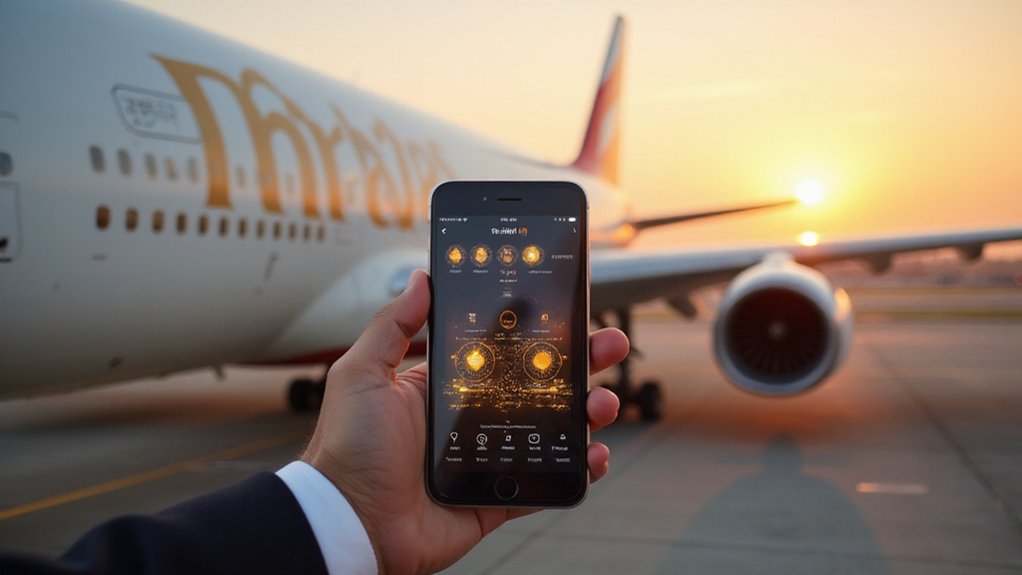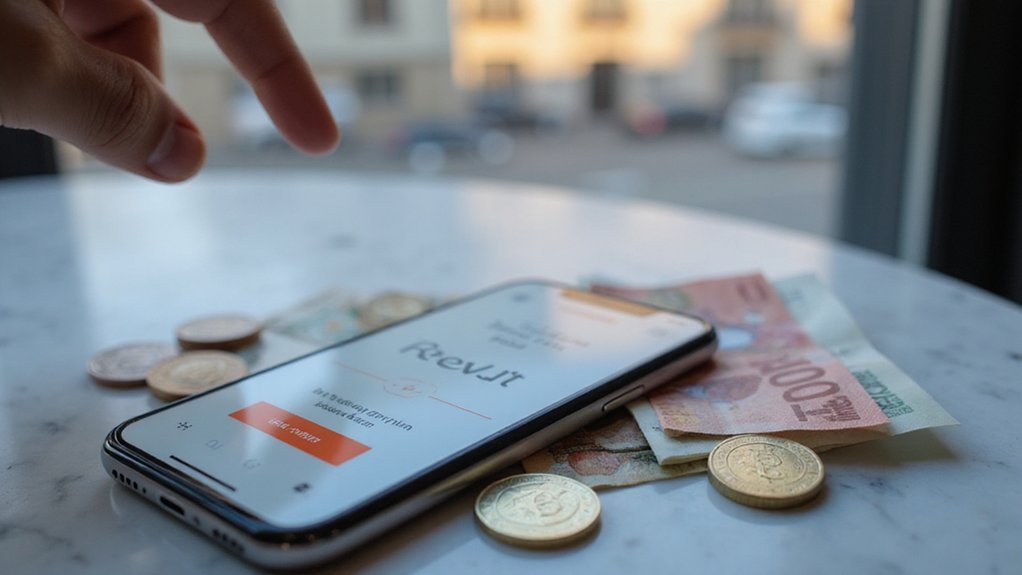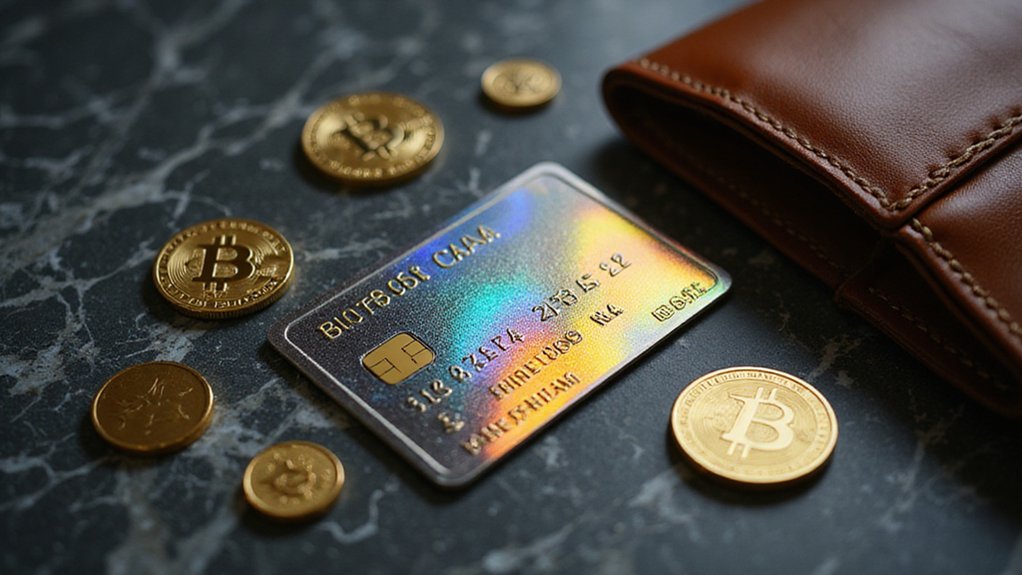In a move that would have seemed fantastical just a decade ago, Emirates—the Dubai-based airline known for ferrying passengers across continents in aluminum tubes at 35,000 feet—has inked a Memorandum of Understanding with Crypto.com to integrate cryptocurrency payments into its booking system.
The partnership, formalized through signatures by Emirates’ Adnan Kazim and Crypto.com’s Mohammed Al Hakim, represents more than mere technological novelty; it’s a calculated bet on the future of high-value transactions.
The integration will support over 30 cryptocurrencies through Crypto.com Pay, offering what the companies diplomatically term “greater transaction flexibility” for their tech-savvy clientele. One might wonder whether paying for a first-class cabin to Paris with Bitcoin represents peak financial evolution or elaborate performance art, but the market dynamics suggest genuine consumer appetite for such arrangements.
Dubai’s Virtual Assets Regulatory Authority (VARA) has blessed this venture, ensuring compliance standards that would make traditional banking regulators weep with envy. The regulatory framework provides the necessary scaffolding for what could become a significant precedent—imagine explaining to your grandfather that airlines now accept the same digital tokens he once dismissed as “funny money.”
The strategic timing isn’t coincidental. Emirates targets younger demographics who view cryptocurrency not as speculative instruments but as legitimate transaction mediums. This cohort, raised on digital payments and comfortable with volatility, represents the airline’s future revenue stream.
Beyond customer acquisition, the partnership serves Dubai’s ambitious vision of becoming a global fintech hub and cashless economy. The emirate has positioned itself as the Switzerland of cryptocurrency regulation—stable, welcoming, and profitably neutral. The collaboration will explore promotional marketing campaigns to create awareness and encourage adoption of cryptocurrency payments among Emirates’ customer base. Meanwhile, Dubai Duty Free plans to introduce cryptocurrency payments as part of the broader ecosystem transformation.
Implementation begins next year, with Crypto.com’s infrastructure promising seamless integration through APIs and plugins. The platform’s low transaction fees address a persistent pain point in traditional payment processing, where cross-border transactions often carry hefty surcharges. The timing aligns with the broader cryptocurrency market’s transition toward sustainable growth patterns rather than the manic volatility that previously characterized the sector.
Market observers anticipate this collaboration will accelerate mainstream adoption of digital assets in high-value sectors. Whether other airlines follow Emirates’ lead remains uncertain, but the precedent has been established. In an industry where loyalty programs already resemble complex financial instruments, accepting cryptocurrency seems almost invigoratingly straightforward.









